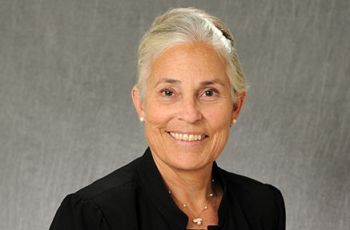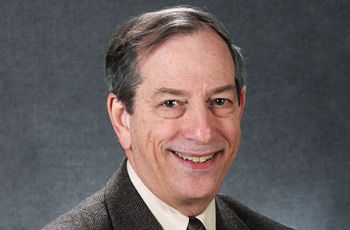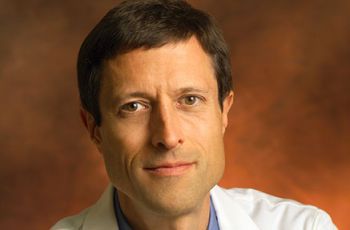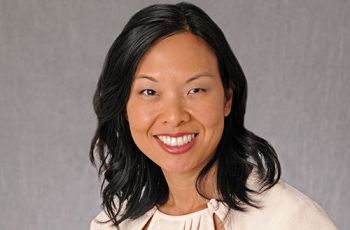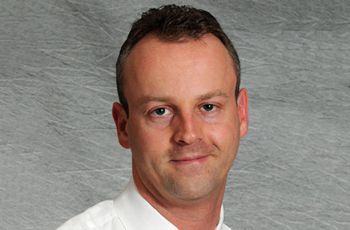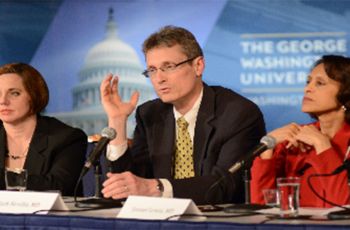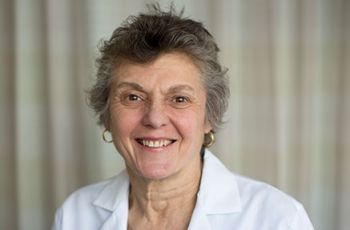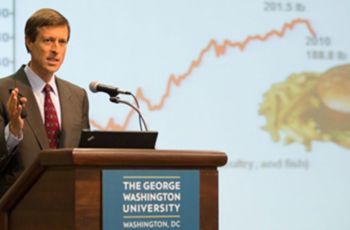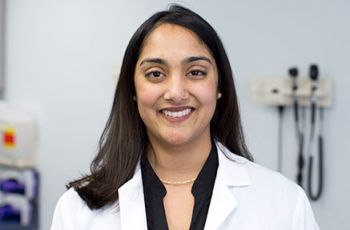Medicine
Patience White, M.D., professor of medicine and pediatrics, was interviewed by Arthritis Today on research findings suggesting that adult patients with arthritis need to start walking more.
Richard Katz, M.D., Bloedorn Professor of Cardiology, was interviewed for a story in Baylor Innovations about his work in the field of mobile health, also known as mhealth.
Neal Barnard, M.D., adjunct associate professor of medicine, was profiled by the Washington Times-Reporter, focusing on his upcoming speaking engagement about his latest book, “Power Foods for the Brain,” at Illinois Central College.
Katherine Chretien, M.D., associate professor of medicine, and Terry Kind, M.D., M.P.H., associate professor of pediatrics, were interviewed by CNN Newsource about their comprehensive review on the challenges and opportunities of using social media in a clinical care setting.
Michael Irwig, M.D., assistant professor of medicine, was featured in The Toronto Star for his extensive research on the negative effects of the drug Finasteride, also known as Propecia.
Friends of the George Washington (GW) University gathered at the Jack Morton Auditorium for a discussion about women’s heart health led by a panel of experts from the GW School of Medicine and Health Sciences (SMHS) and the GW Medical Faculty Associates (MFA).
In the first comprehensive review of its kind, Katherine Chretien, M.D., associate professor of medicine, and Terry Kind, M.D., M.P.H., associate professor of pediatrics, have co-authored a piece in Circulation on the challenges and opportunities of using social media in a clinical care setting.
Katalin Roth, M.D., associate professor of medicine, spoke with ElderBranch about trends in geriatrics and long-term care, as well as developments in palliative care.
The George Washington University’s Urban Food Task Force hosted its first-ever “Research and Education in Food and Nutrition” expo March 28.
Dipa Sheth, M.D., assistant professor of medicine, was interviewed by GW Today about allergy season, and what people can do to mitigate its effects.
